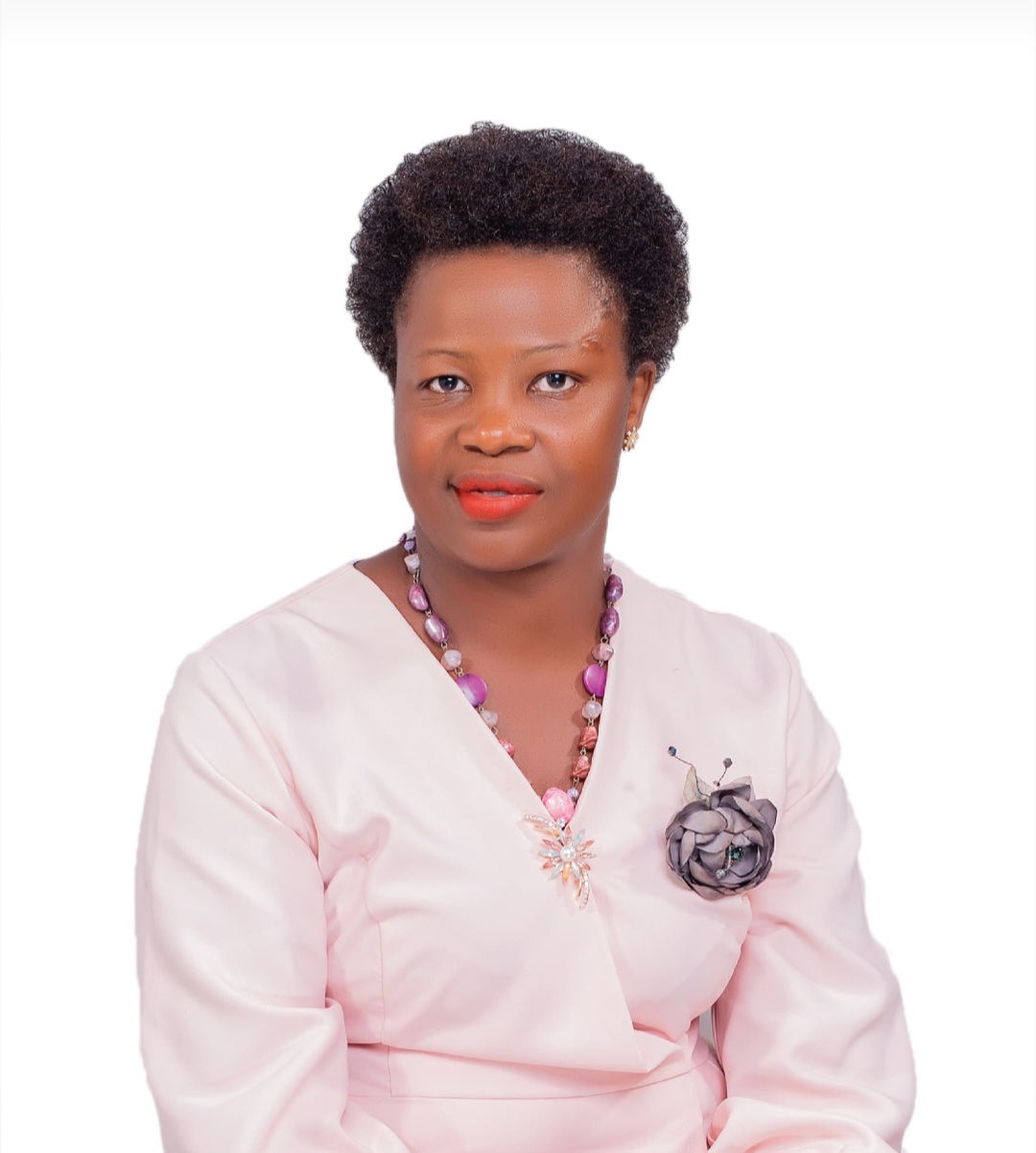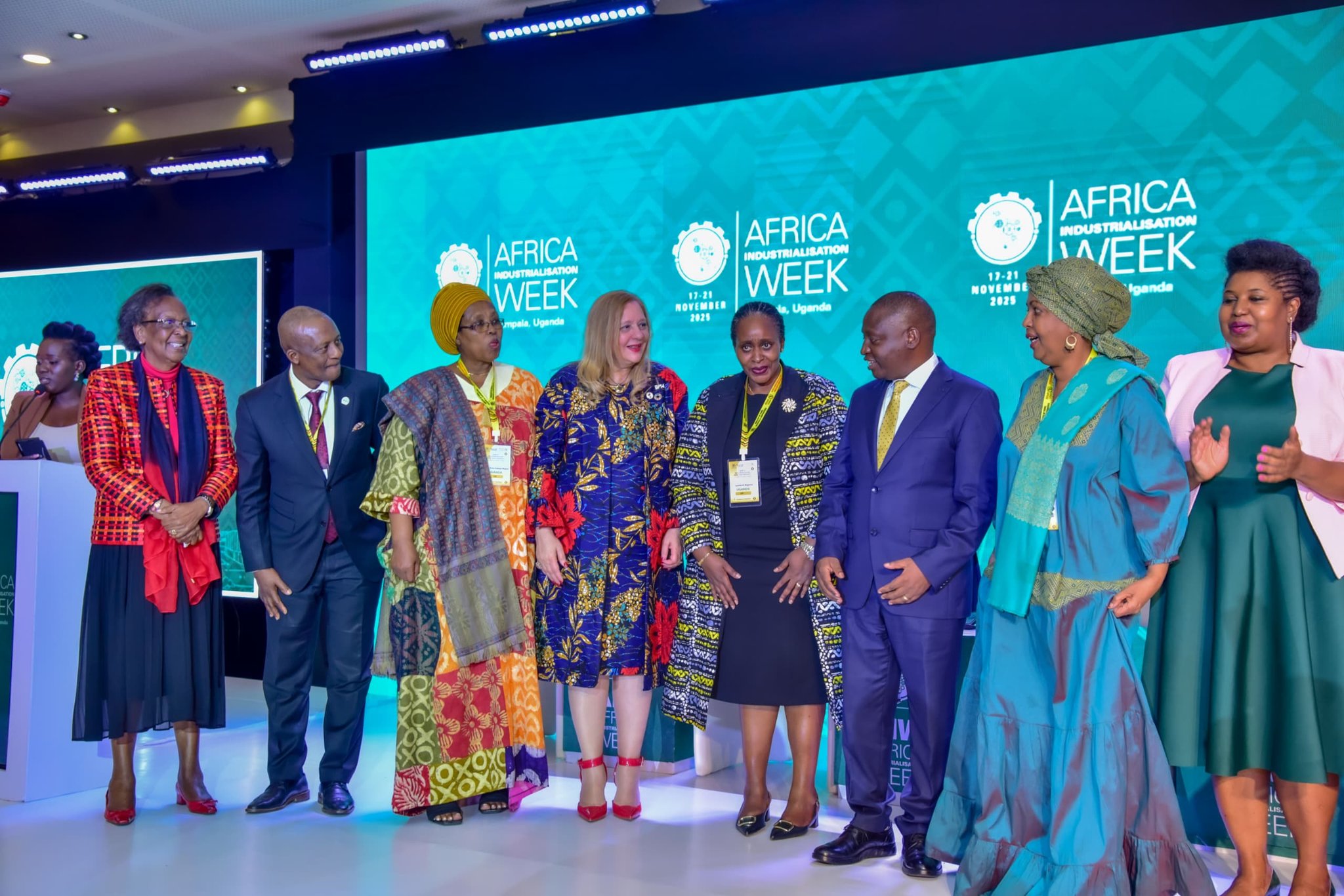This article explores how low-income women micro-entrepreneurs in Kampala city navigate, strategize and adapt in a restrictive urban environment to work and earn a living.
The informal sector is a dominant source of livelihood for low-income urban residents, especially women in many African cities.
Informal micro-entrepreneurship is the most visible and vital component of urban economies. Micro-entrepreneurship refers to the sale of small goods and services to the public without the use of permanent infrastructure, typically occurring on pavements, sidewalks, open spaces, and areas designated for other purposes (Woldeamanuel et al., 2023). Micro-entrepreneurship is therefore the only employment opportunity for marginalized groups, including the youth, women, individuals with little capital, and those with limited skills (Mhando & Mramba, 2021).
In Kampala, Uganda’s capital city, women micro entrepreneurs, selling simple clothing items such as socks, knickers, handkerchiefs, fruits such as mangoes, guavas, and vegetables such as green leafy vegetables, beans, onions, cucumber, and tomatoes, are a ubiquitous feature. As is in most other African cities, the majority of micro-traders are unlicensed, which results in incessant clashes between the Kampala City Council Authority and micro-entrepreneurs. George et al., (2023), argues that most street vendors are exempted from paying income tax because their earnings are marginal.
In my PhD study on urban micro-entrepreneurship and empowerment of low-income women in Kampala city, Uganda, I was particularly interested in how low income women wield their individual and collective agency to challenge patriarchal urban exclusion. How do they organize themselves in such a difficult setting as Kampala city? Who decides who sells where? How do the low-income women obtain working space, capital or even network amidst a guarded patriarchal space?
A key finding from the study was that informality is not the absence of order. It is a different kind of order, rooted in everyday negotiation, social trust, resilience and the shared struggle to survive in a patriarchal and unequal space. Whereas these informal governance systems are legitimate, and can even be useful when it comes to formalizing activities in the city, ignoring them could lead to conflict and deeper inequalities. This is in line with Okunogbe & Santoro (2023), whose study concludes that policy makers have not done enough to ensure the social integration of the informal urban spaces.
Furthermore, power in Kampala is not only top-down, from the state to the traders, but also horizontal, negotiated among the women micro-entrepreneurs themselves. Bhila & Chiwenga (2023), agrees with this finding by asserting that those with seniority or strong networks act as gate keepers, deciding who can sell what and where.
Women micro-entrepreneurs face verbal or even physical harassment from the male counterparts but they develop their own strategies of resistance: confronting aggressors, forming alliances, or using moral arguments about fairness to defend their right to trade. These acts by women, not only demonstrate empowerment but show that informal governance is a matter of both control and agency.
What emerges from this study is a more nuanced picture of Kampala’s informal economy. Women micro-entrepreneurs are not just victims of an unregulated urban space. They are also self-organizing agents who build complex systems of order, agency, reciprocity and social regulation in the absence of formal protection. Moreover, the need to constantly balance care duties such as cleaning, cooking, and child care with work can lead to smaller-scale operations.
Women’s economic participation and paid and unpaid work contribute enormously to sustainable development and are key for the achievement of the 2030 Agenda for Sustainable Development 2030 Agenda.
However, these systems are not utopian.
They involve competition, hierarchy, patriarchy, and exclusion. In that environment, informal governance is both a survival mechanism and a structure of power. Understanding this duality therefore, is crucial for policy makers who wish to design fairer urban policies. It is critical to expand the policy toolbox in order to equip women micro-entrepreneurs with skills such as cosmetology, hairdressing, baking and tailoring. Additionally, offering equipment to help them start tangible businesses is essential.
Basemera Nestor (PhD).
APPRECIATION.
This study was funded by the government of Uganda through Makerere University Research and Innovation Fund (Makrif).
Do you have a story in your community or an opinion to share with us: Email us at Submit an Article









